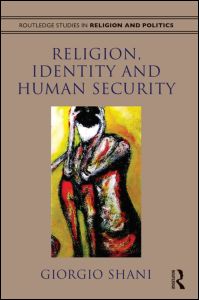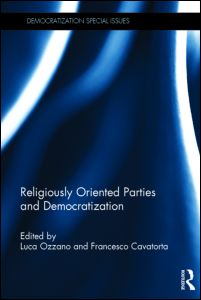Call for Papers: Religion, Gender and Body Politics
Post-secular, post-colonial and queer perspectives
International conference on behalf of the international research project
“Interdisciplinary Innovations in the Study of Religion and Gender:
Postcolonial, Post-secular and Queer Perspectives”, at Utrecht
University, The Netherlands, 12-14 February 2015.
Call for papers
At this conference we welcome contributions that:
· use theoretical approaches drawing from insights in post-secular,
postcolonial, queer and gender theories, clarifying body practices as a
contested site of religious and secular practices;
· either theoretically or empirically challenge the secular/religious
and public/private binaries in understanding contemporary body politics;
· do not only explore expressions and accounts of ideal religious and
secular practices and norms, but also their manifold articulations with
all the lived ambiguities and ambivalences;
· suggest, imagine or develop innovative methodologies in order to
understand the complex ways in which religious and secular identities
are formed through bodily practices.
Moreover, at this conference we encourage an interdisciplinary approach,
welcoming insights from, amongst others, gender studies, men and
masculinity studies, disability studies, theology, religious studies,
anthropology, history, literature, cultural studies and media studies.
Key-notes
Minoo Moallem, Professor of Gender and Women’s Studies, University of
California, Berkeley
Yvonne Sherwood, Professor of Biblical Studies and Politics, University
of Kent
Ulrike Auga, Professor of Theology and Gender Studies, Humboldt
University, Berlin
Scott Kugle, Associate Professor of South Asian and Islamic Studies,
Emory University, Atlanta
Sarojini Nadar, Professor of Gender and Religion, University of
KwaZulu-Natal
Please find the preliminary program with key-note lectures attached to
this email and on our website: http://projectreligionandgender.org/programme
Practical Information
Panel sessions
· Paper or panel proposals need to be submitted on the project website
before 1 December 2014 (http://projectreligionandgender.org/submission).
The conference organisation will inform all applicants about its
decision before 15 December 2015.
· Individual paper proposals should include your name and institutional
affiliation, the title of your paper and an abstract of max. 250 words.
· Besides individual papers it is also possible to submit proposals for
a pre-arranged panel session of one and a half hour. A panel consists of
maximum three to four paper presentations. Please provide the following
information (max. 1.000 words): title of the panel session; name of the
chair of the panel session; names, titles and abstracts of the papers.
Poster sessions
· There is also the possibility to present your research via a poster
presentation. Poster proposals need to be submitted on the project
website before 1 December 2014
(http://projectreligionandgender.org/submission). The conference
organisation will inform all applicants about its decision before 15
December 2015.
· Poster proposals should include your name and institutional
affiliation, the title of your poster and an abstract of max. 100 words.
· During the ceremony on the second day (see programme), a prize of
€200,- will be awarded for the best poster presentation.
Finances
· The conference fee is €200,- and includes an annual membership of the
International Association for the Interdisciplinary Study of Religion
and Gender (IARG).
· For students or researchers with a low budget, we can provide a small
reduction of the conference fee.
Contact
· For more information you can contact the project assistant Jorien
Copier (projectreligionandgender@gmail.com).







